Two words: Housing crisis.
That term dominated headlines across Canada and even North America throughout 2023, with governments at all levels scrambling to find a quick fix to a massive problem.
The federal government’s budget was released in March but construction stakeholders said it “missed the mark” when it came to housing.
Richard Lyall, president of the Residential Construction Council of Ontario, described the budget as “fiscal fingerpainting” and said there were some measures to help young people enter the housing market but ultimately it didn’t address how to rapidly increase housing supply.
The budget included moving funding from the National Housing Co-Investment Fund’s repair stream to a new construction stream to boost the construction of new affordable homes. It also proposed to commit an additional $4 billion over seven years, starting in 2024-25, to implement a co-developed Urban, Rural and Northern Indigenous Housing Strategy.
In July, Sean Fraser was announced as the new federal minister of housing, infrastructure and communities. He closely linked immigration and housing, stating he fully endorsed building more homes to accommodate higher immigration flows.
But perhaps one of the biggest stories on the federal housing front was when Prime Minister Justin Trudeau announced the government would be introducing legislation to enhance the GST Rental Rebate on new purpose-built rental housing, such as apartment buildings, student housing and senior residences built specifically for long-term rental accommodation.
The rebate provides full relief for the five per cent GST federal component of the Harmonized Sales Tax (HST).
“Getting rid of that for a period of time is vital,” said Lyall. “The bottom line is there is really not much outside of that change on the HST and a few other changes.”
In mid-September the feds announced the city of London, Ont. as the first in the country to sign a deal under the new $4 billion National Housing Accelerator Fund. As part of the deal, more than 2,000 new housing units will be built in the city over the next three years. London is receiving $74 million toward the housing projects.
The federal government’s Fall Economic Statement was released in November and Minister of Finance Chrystia Freeland announced some new funding for housing programs.
The statement included an additional $15 billion in new loans for the Apartment Construction Loan Program, bringing the program’s total to over $40 billion in loan funding which will support more than 30,000 additional new homes across Canada bringing the program’s total contribution to over 101,000 new homes by 2031-32.
Also included was an additional $1 billion over three years, starting in 2025-26, for the Affordable Housing Fund to support non-profit, co-op and public housing providers to build more than 7,000 new homes by 2028.
In addition, there was also a boost of $309.3 million for the Co-operative Housing Development Program, which was announced in Budget 2022.
Freeland also announced the planned creation of a new Department of Housing, Infrastructure and Communities to replace Infrastructure Canada.
At the recent P3 conference hosted by the Canadian Council for Public-Private Partnerships, Peter Fragiskatos, parliamentary secretary to the minister of housing, infrastructure and communities said although the federal government recognizes climate change is the central challenge of our time, the housing crisis is currently a priority.
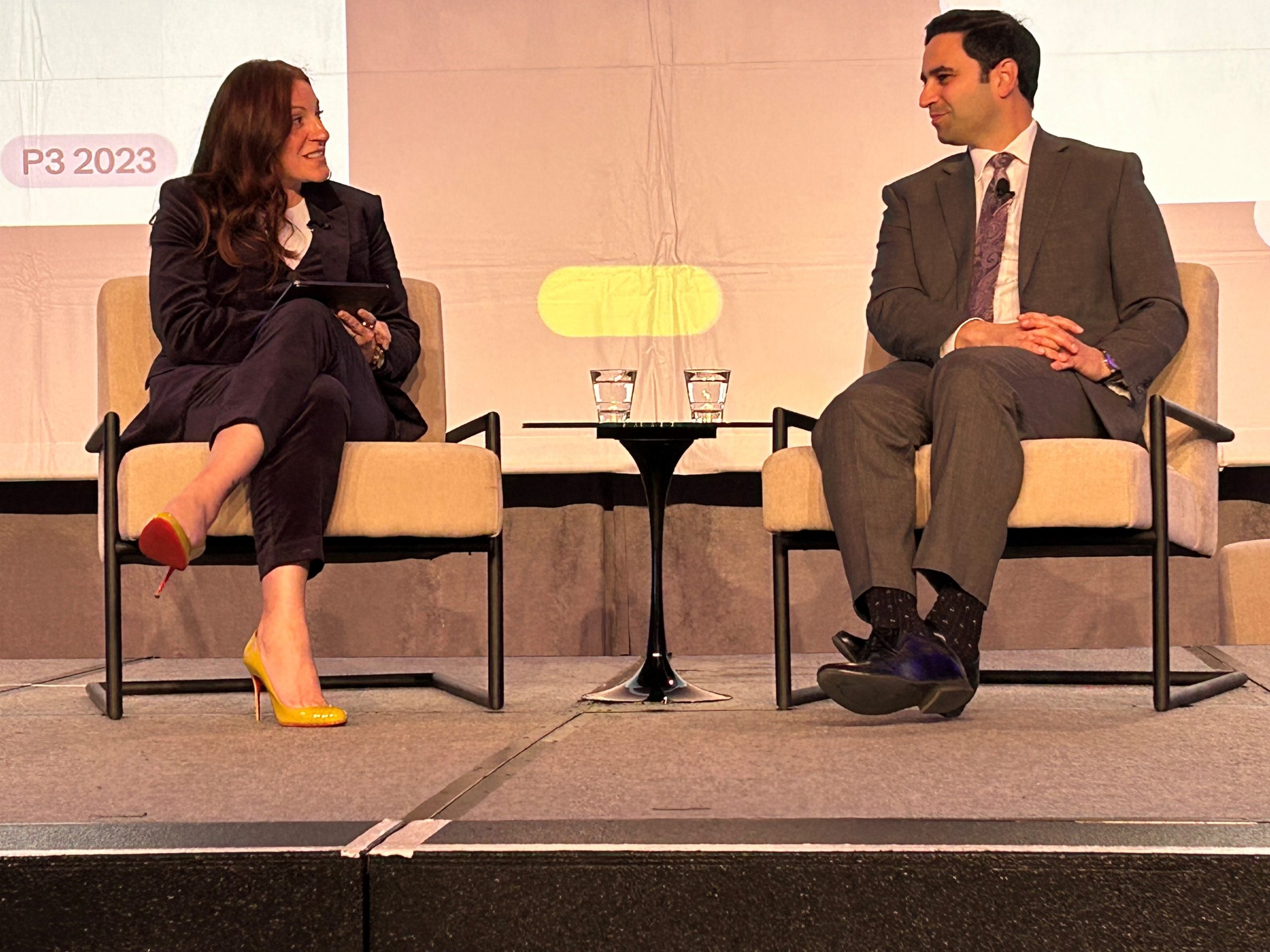
He said the government will “continue to work with the private sector to bring their knowledge and their abilities to the fore to get results.”
More recently, the federal government announced it is planning to launch a catalogue of pre-approved home designs, bringing back a policy from the post-Second World War era when the Canada Mortgage and Housing Corp. developed blueprints to speed up the construction of homes.
The feds will begin a consultation process to develop the catalogue in January, said Fraser.


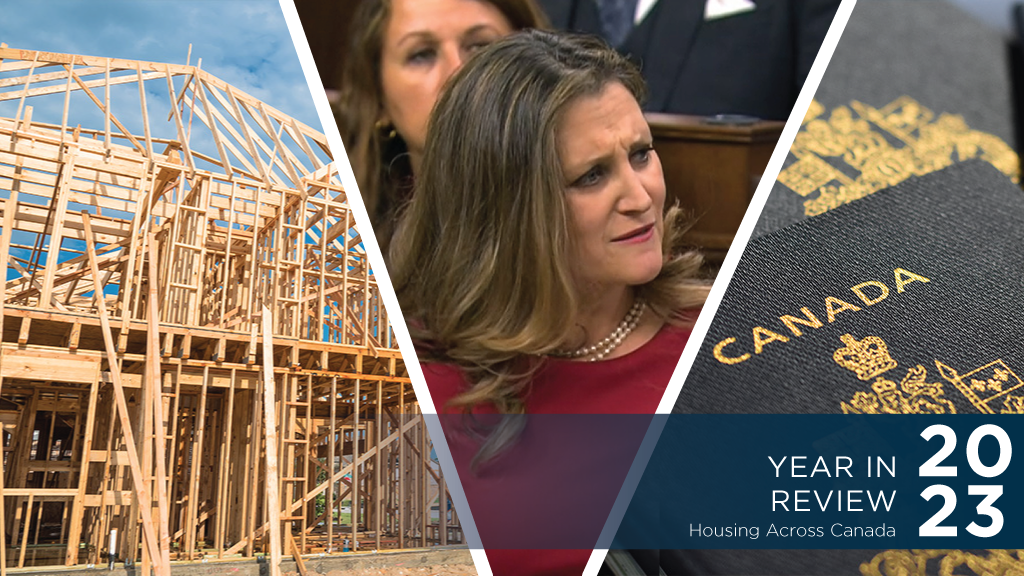

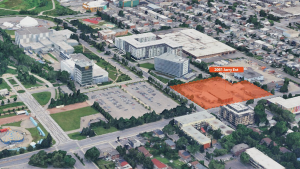


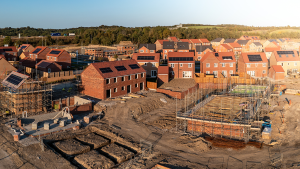


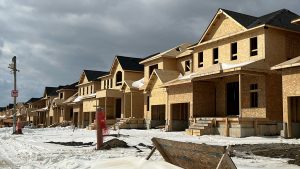
Recent Comments